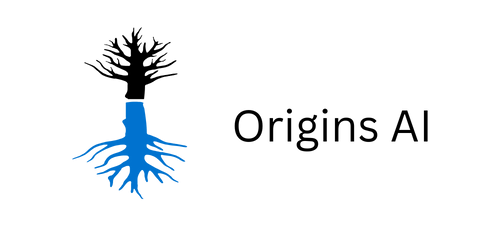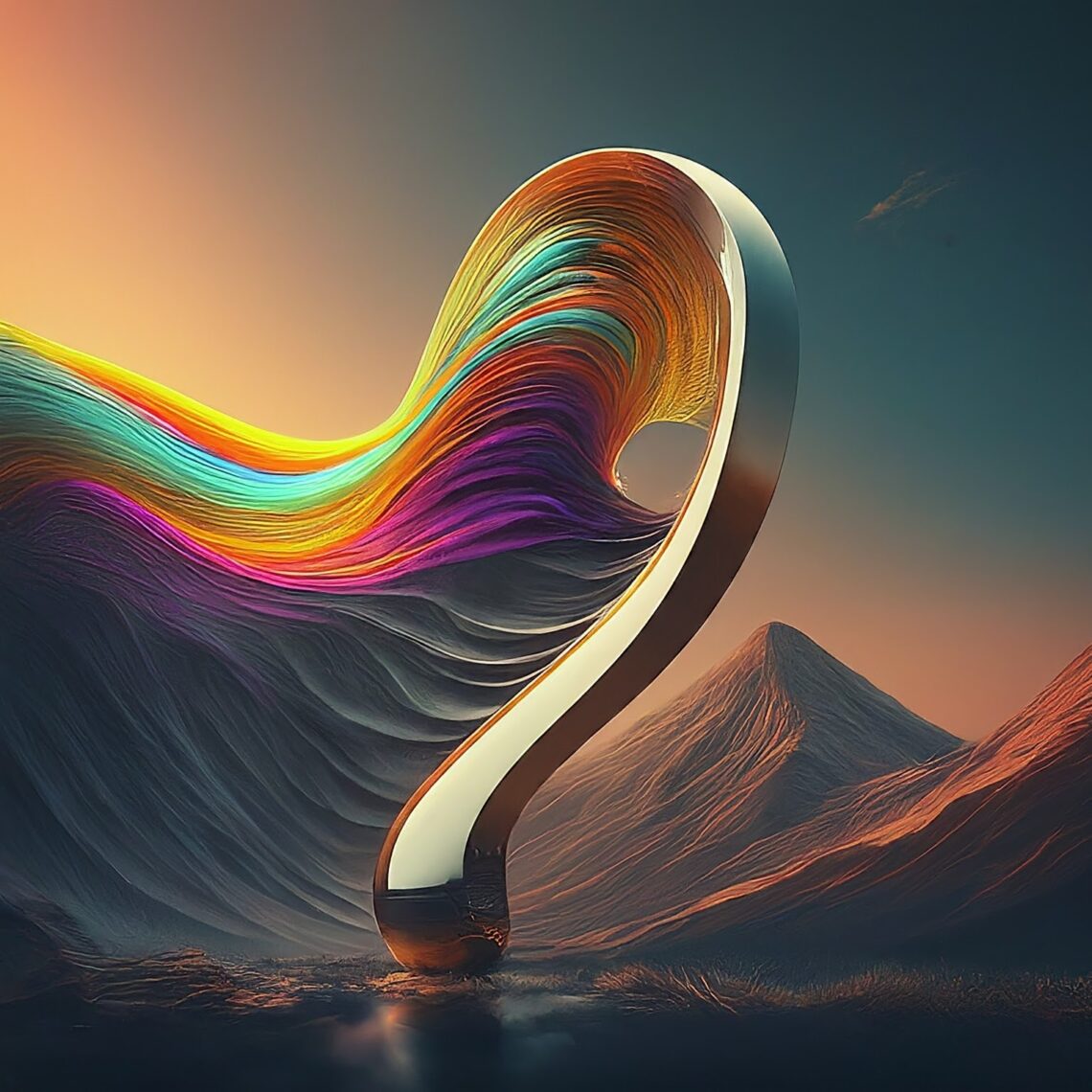The realm of artificial intelligence (AI) continues to evolve at a breakneck pace, offering an array of novel applications that redefine how we interact with technology. This week, we witnessed an unprecedented surge in AI integration across various platforms, from Adobe’s creative suite to innovative search engines and music generators. Let’s delve into these groundbreaking developments, showcasing how AI is reshaping the digital landscape.
Adobe Integrates Generative AI into Acrobat
Adobe has taken a significant step by incorporating generative AI into Acrobat, launching an AI assistant feature in beta for its standard and pro subscribers. This integration allows users to perform tasks like asking questions, generating summaries, and identifying key takeaways directly within PDF documents. Specialized tools like this AI assistant offer a more focused and fine-tuned experience compared to broader AI models, providing prompt suggestions and faster response times tailored to PDF interactions.
OpenAI Announces Product Upgrades
OpenAI has made two notable announcements: the closure of the ChatGPT plugin store and enhancements to the GPT profiles store. These updates signal a shift towards a more integrated GPT-focused ecosystem, emphasizing the development of personalized GPTs. Users can now see public chats, ratings, and link social profiles, enhancing the utility of these AI tools for individualized use.
Suno V3: The Premier Music Generator
Suno V3 marks a significant upgrade in AI-powered music generation, offering unparalleled quality in creating songs with lyrics. Its ability to generate cohesive and stylistically varied music pieces makes it a standout tool for artists and creators looking to experiment with AI-generated music.
Ideogram 1.0: Mastering Text in Image Generation
Ideogram has officially launched its 1.0 version, excelling in generating images with integrated text. This tool allows users to create detailed and accurate text within images, a feature that has been somewhat challenging in previous models. Its unique strength in text generation opens new possibilities for design and branding.
DomoAI’s Video-to-Video Feature
DomoAI introduced a video-to-video feature that transforms videos into stylized versions, available through its Discord server. This tool enables users to apply various artistic styles to their videos, maintaining the audio and offering a new creative avenue for music videos and digital content creation.
Find SD.art by Civet.ai
Civet.ai’s Find SD.art tool is a game-changer for reverse-engineering AI-generated images. It helps users identify the stable diffusion models likely used to create specific images, facilitating the replication of styles and effects. This tool is invaluable for creators looking to understand and apply specific AI aesthetics to their work.
Mistral’s Large Model: A GPT-4 Competitor
Mistral released a large model poised as a direct competitor to GPT-4, showcasing impressive performance in benchmarks. Despite its strong showing, it’s essential to note that when it comes to coding tasks, GPT-4 still holds the upper hand. However, Mistral’s “le chat” interface offers a free, accessible option for users to explore its capabilities.
GigaBrain: Revolutionizing Reddit Search
GigaBrain introduces an AI-powered search engine for Reddit, providing a more efficient way to navigate and summarize threads. This tool offers TLDR summaries, source threads, and a user-friendly interface to streamline the Reddit browsing experience, addressing the limitations of existing search functions.
Conclusion
This week has been a testament to the limitless potential of AI in transforming our digital interactions. From Adobe’s venture into AI-assisted document management to innovative tools for music and video creation, the advancements showcase a future where AI’s role becomes increasingly integral. As we continue to explore and integrate these technologies, the possibilities for creativity, efficiency, and personalization seem boundless. Stay tuned for more updates as we navigate this exciting journey into the future of AI.

